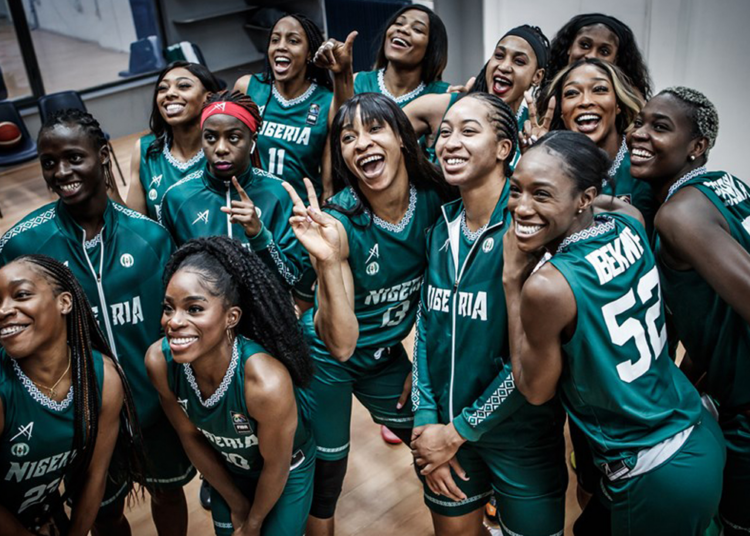There are moments in the life of a nation when glory finds its way home in quick succession. In less than two weeks, Nigeria’s women have lifted the country to the summit of African sport — first, the Super Falcons in Rabat, and now, D’Tigress in Abidjan.
We celebrate D’Tigress not merely for winning their fifth consecutive AfroBasket title and seventh overall, but for doing so in commanding fashion — extending a ten-year unbeaten run and making history as Africa’s most dominant women’s basketball team. In the process, they reaffirmed what the Falcons demonstrated barely days earlier: Nigerian women in sports are leading the continent’s golden age.
In this newspaper’s considered opinion, President Bola Tinubu was right to honour D’Tigress with $100,000, a flat in the Renewed Hope Estate, and the prestigious Officer of the Order of the Niger (OON) title. It was a fitting response to a team that has consistently raised the national flag in triumph and embodied the spirit of resilience, teamwork, and excellence.
Yet, a few sobering truths must not be lost in this rush of deserved celebrations.
We must be honest about equity in recognition. While the players were rightfully rewarded, the coaches and technical crew received only half the financial reward, despite playing a pivotal role in the team’s strategic success. That disparity is difficult to justify. Coaches don’t just manage games — they build teams, make bold tactical decisions under pressure, and carry the weight of victory or defeat on their shoulders. They deserve equal recognition.
Coach Rena Wakama, in particular, has made history as the first woman to lead D’Tigress to back-to-back AfroBasket titles. Her impact cannot be overstated. Her leadership brought victory and inspired a generation of young girls to see coaching as a path they can walk — and dominate.
Beyond reward, investment must now follow. Nigerian women have been the engine of sporting success in recent years — from Tobi Amusan on the tracks, Asisat Oshoala on the pitch, and now Amy Okonkwo on the court. They have outperformed, outshined, and outclassed their counterparts, often despite limited resources, paltry support, and bureaucratic bottlenecks.
We cannot continue to treat these victories as occasional miracles. They are results of immense personal sacrifice and raw talent, nurtured not by the system but often in defiance of it. The time has come for deliberate investment in women’s sports infrastructure, grassroots development, and long-term funding. That is the actual test of gratitude.
Moreover, a coherent national policy must ensure equity in funding between men’s and women’s sports. Glory should not be gendered. Success has no bias. It is results — not stereotypes — that should guide our policies. And the results, right now, are precise: Nigeria’s women are leading.
Let us also not miss the geopolitical value of these victories. In a continent often plagued by headlines of conflict, poverty, and failed politics, sport remains one of the few sources of unifying pride and soft power.
When D’Tigress lifts the trophy in Côte d’Ivoire, or the Super Falcons silence a home crowd in Morocco, they are not just winning games — they are elevating the status of Nigeria in Africa and beyond. They are rewriting the continent’s sporting narrative with Nigerian ink.
This is also the time to review how we honour our national heroes and heroines. A single trophy is the result of years of sacrifice. We must build halls of fame, preserve archives, tell their stories in documentaries and school curricula, and name sports infrastructure after them — not just after they pass away, but while they can witness their legacy.
Finally, as the nation celebrates this rare double triumph in women’s football and basketball, we must not let the moment pass without drawing the proper lessons. Nigeria can lead. Nigeria can win. Nigeria can dominate. We have seen what is possible when our talents are properly harnessed, when women are given the chance to lead, and when excellence is rewarded.
This, in truth, is not just the success of D’Tigress or the Super Falcons. It is the success of every young Nigerian girl who dares to dream, laces her boots at dawn, picks up a basketball in her backyard, and believes that she, too, can carry the hopes of a nation.





